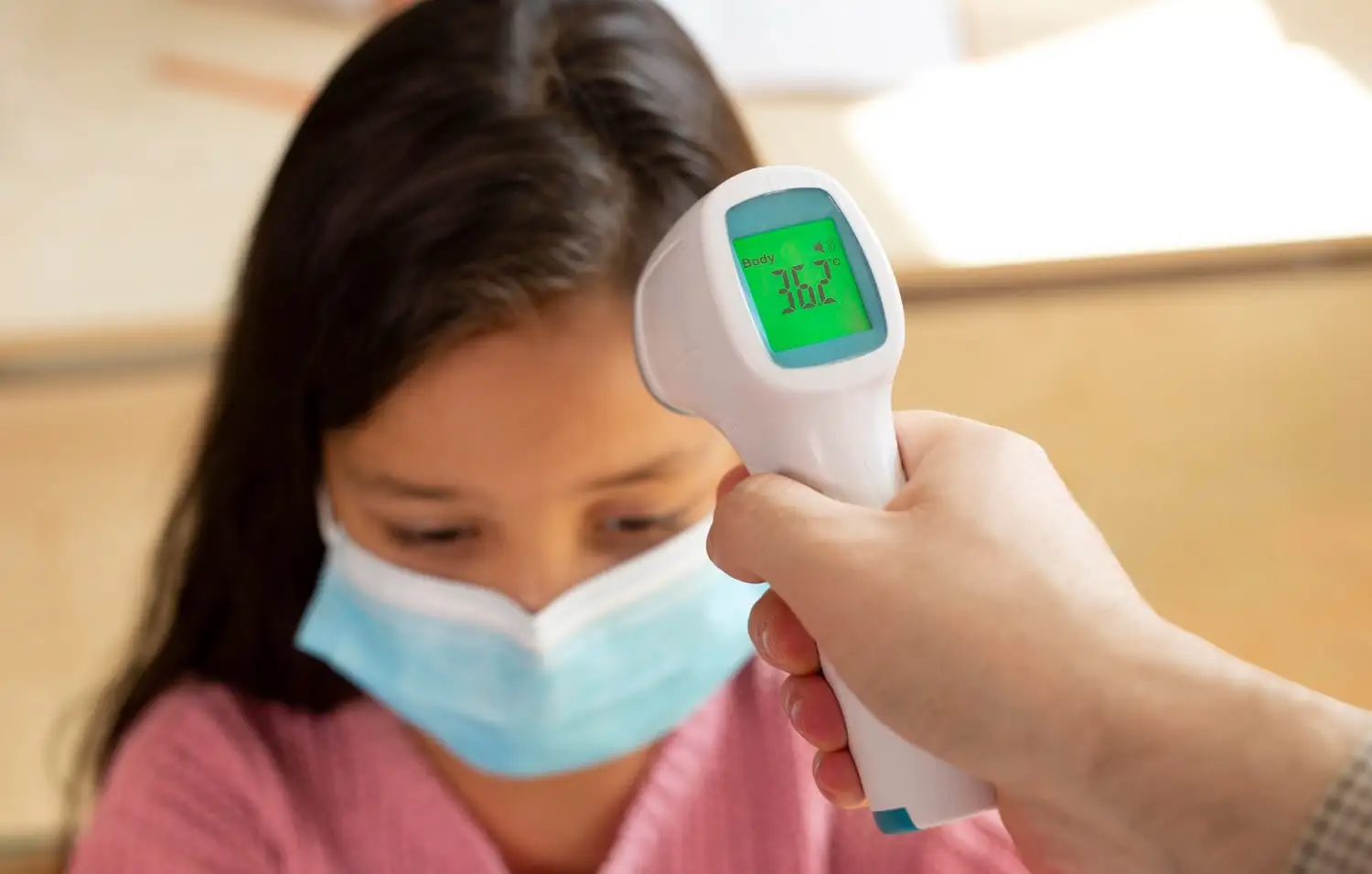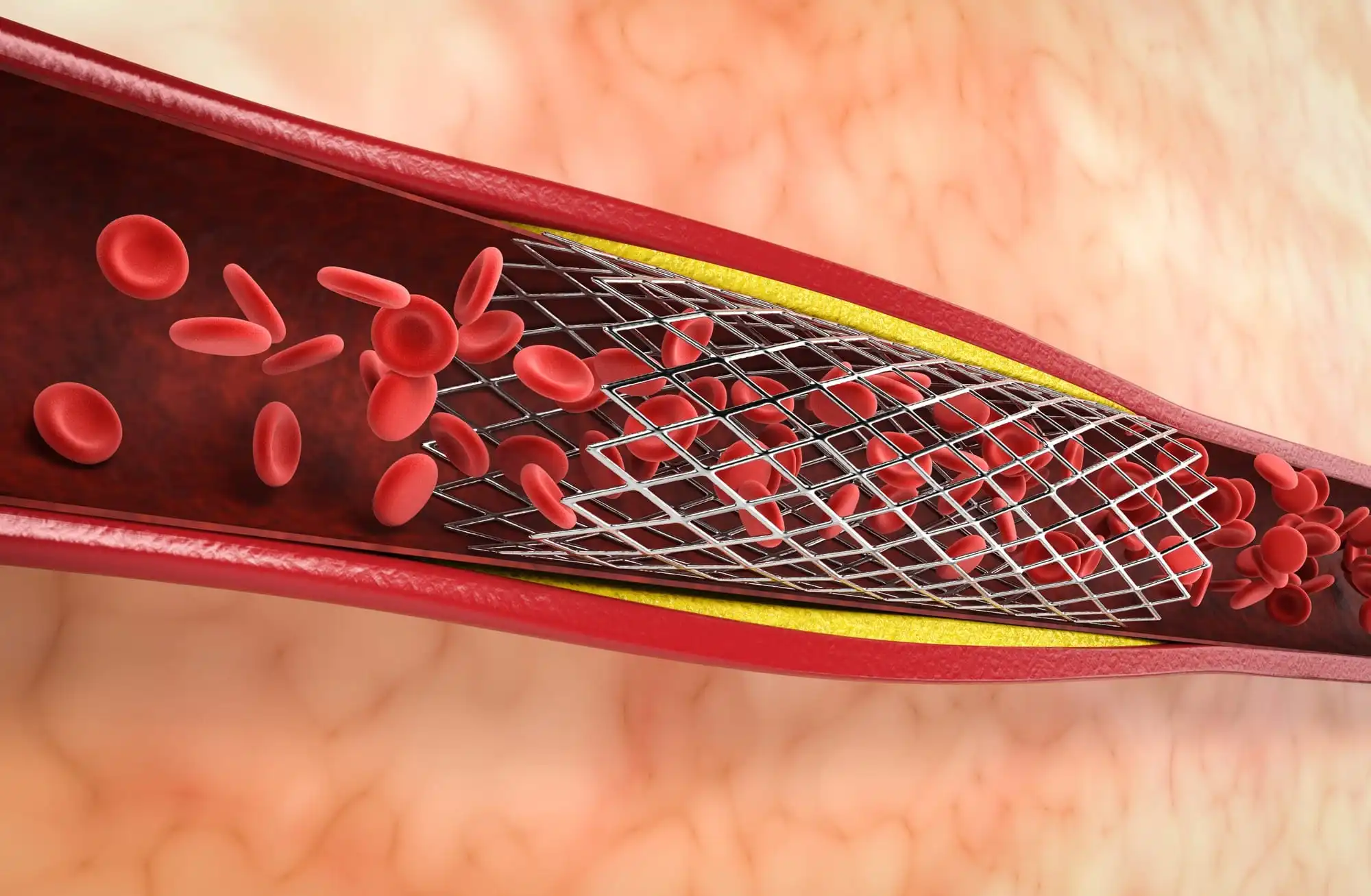Have you ever paused to ponder over the ideal temperature of your body? Is there a universally applicable standard for what is considered “normal” body temperature? Well, the answer to that is both yes and no. While the widely accepted average body temperature for most individuals is 98.6°F (37°C), it’s crucial to acknowledge that this benchmark can fluctuate based on several factors. These factors include age, gender, time of day, level of physical activity, and intriguingly, even geographical location.
In the context of India, there exists an ongoing discussion surrounding the definition of normal body temperature. This conversation is fueled in part by the vast climatic diversity found across the country, which significantly impacts how our bodies regulate temperature. With this in mind, the purpose of this article is to delve into the concept of normal body temperature in India and take a look at the factors that influence it.
Why Does Body Temperature Fluctuate?
Fluctuations in body temperature can occur due to various factors. Some important reasons include:
- Circadian Rhythm: Body temperature generally reaches its highest point about an hour before bedtime and an hour before waking up.
- Physical Activity: Engaging in exercise or physical exertion can cause an increase in body temperature.
- Menstrual Cycle: Women of childbearing age may experience lower body temperatures during the first half of their menstrual cycle, which then rise after ovulation.
- Spicy Food: Consuming spicy food can send signals to the brain that the body is overheating, leading to unnecessary perspiration.
- Gender Differences: Women often have slightly higher body temperatures compared to men.
- Age Differences: Younger individuals tend to have higher body temperatures than elderly adults.
- Body Weight: On average, heavier individuals tend to have slightly higher body temperatures than those who are lighter.
How to Measure Body Temperature?
Measuring body temperature is a fundamental aspect of assessing vital signs, alongside blood pressure, pulse rate, and respiratory rate. These measurements collectively provide crucial insights into an individual’s overall health condition. When it comes to taking temperature, it is always recommended to use a digital thermometer. Regardless of the type of thermometer used, it is important to follow certain safety measures:
- Read the instructions provided with the thermometer to ensure proper usage.
- Before using the thermometer, wash your hands with warm soapy water to maintain hygiene.
- Clean the thermometer before and after each use using rubbing alcohol, soap, and warm water.
- It is advisable to use separate thermometers for rectal and oral temperature measurements.
- Wait at least six hours after taking medications such as acetaminophen, ibuprofen, or aspirin, as they can potentially lower body temperature.
By adhering to these safety precautions, accurate temperature measurements can be obtained, contributing to a more reliable assessment of an individual’s health status.
Steps to Take When the Body Temperature Exceeds the Limit
- Rest and Hydrate When the body temperature surpasses its limit, it is vital to take immediate action. The top recommendation is to prioritize rest and hydration. Resting enables the body to recuperate and reduces strain on internal systems. It is advised to find a cool and comfortable environment, preferably with adequate ventilation, where you can lie down and relax. Additionally, maintaining proper hydration is essential to regulate body temperature. Drinking plenty of fluids, especially water, helps replenish lost fluids through sweating and aids in maintaining optimal body temperature. It is important to avoid beverages that can dehydrate the body further, such as alcohol or caffeine. By taking these immediate steps of rest and hydration, you can effectively support your body's cooling mechanisms and aid in restoring a normal body temperature.
- Take Medication Seeking guidance from a healthcare professional or licensed medical practitioner is crucial prior to taking any medication. Their expertise allows for tailored advice based on individual circumstances and medical history. Antipyretics, commonly referred to as fever reducers, can be utilized to lower body temperature. These medications function by targeting the body's thermoregulatory system, facilitating fever reduction and offering relief. Nevertheless, adhering to the recommended dosage and frequency, as prescribed by a healthcare professional, is compulsory to ensure both safety and effectiveness. When administered under the guidance of a medical expert, medication plays a pivotal role in managing elevated body temperatures and fostering overall well-being.
- Cool Down When faced with a body temperature that exceeds the limit, it is crucial to take immediate steps to cool down. Rapidly reducing body heat can help prevent further complications and promote overall well-being. Begin by finding a cool and shaded area to rest in, away from direct sunlight or excessive heat sources. Remove any excess clothing and use a damp cloth or towel to apply cool water to your skin, particularly to areas with high blood flow like the neck, wrists, and groin.
To aid in the cooling process, consider using a fan or creating a breeze by opening windows or using a handheld fan Additionally, it may be beneficial to take a cool bath or shower, but avoid using extremely cold water as it can constrict blood vessels. Monitoring your body temperature throughout the process is essential, and if the situation worsens or persists, it is crucial to seek immediate medical attention. By promptly taking these cooling measures, you can help regulate your body temperature and promote a safer and healthier state.
Final Thoughts
Understanding the average body temperature in India and its influencing factors is crucial for maintaining optimal health and well-being. Through this exploration, we have learned that factors such as climate, age, and individual variations play a significant role in determining body temperature. By recognizing these influences, we can adapt our lifestyles accordingly and make informed decisions about our health. Remember, maintaining a healthy body temperature is essential for overall wellness, and staying informed empowers us to take proactive steps towards a healthier and happier life.
Keep an eye on all vital parameters and store all your medical records online with Health-e a PHR app that allows you to access your document when and wherever you need!
FAQs
1. What are the 4 steps in taking the body temperature?
When it comes to measuring body temperature, there are four common methods that can be used. These methods include:
- Underarm Temperature
- Oral Temperature
- Ear Temperature
- Rectal Temperature
2. Which part of the body gives the most accurate temperature?
When it comes to accuracy, rectal temperatures take the lead, while forehead and armpit temperatures fall behind. Rectal temperatures are the most precise, while forehead and armpit temperatures are considered the least accurate methods of measurement.
3. What is considered a normal body temperature for adults?
The normal body temperature for adults is typically regarded as approximately 98.6 degrees Fahrenheit (37 degrees Celsius). Nonetheless, this can slightly vary based on the individual and the temperature measurement method employed.
4. What is considered a normal body temperature for children and babies?
The normal body temperature for children and babies is typically slightly higher than that of adults. In infants up to 3 months old, a rectal temperature of 100.4 degrees Fahrenheit (38 degrees Celsius) or higher is considered indicative of a fever.
5. What body temperature is not normal?
If you observe a rise of more than 2°F from your regular body temperature, it is advisable to consult a doctor.
6. What causes low body temperature?
Exposure to cold-weather conditions or cold water is the primary culprit behind hypothermia, the most common cause of this condition.





